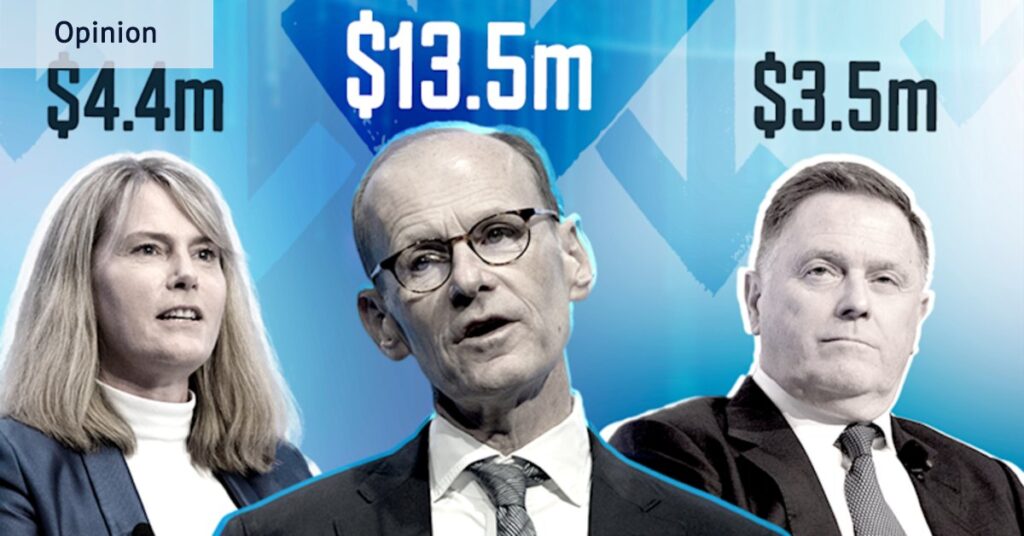
In a landmark move, ANZ Bank has reclaimed $13.5 million in bonuses from its former CEO Shayne Elliott, marking one of the most significant executive pay reversals in recent corporate history. This decision follows a series of regulatory failures during Elliott’s tenure that cost the bank $240 million in fines and inflicted substantial reputational damage.
The announcement comes as ANZ seeks to address shareholder dissatisfaction, having faced a “first strike” against its remuneration report last year. With another shareholder meeting scheduled for December, the bank’s board felt compelled to make a decisive gesture to restore confidence and demonstrate accountability.
Setting a New Standard for Executive Accountability
ANZ’s decision to retract such a substantial sum from Elliott’s compensation sets a new high watermark for executive remuneration consequences in Australia. While the move may be seen as a public relations win, it also reflects the mounting pressure from shareholders who have grown increasingly intolerant of excessive executive pay.
According to sources close to the bank, the decision was not made lightly. The board faced intense scrutiny from investors demanding more stringent accountability measures following the regulatory breaches.
Wider Implications for ANZ’s Leadership
The repercussions of the regulatory failures extended beyond Elliott. Other senior executives at ANZ, including those who have since left the bank, also faced bonus reductions. Chief Executive Nuno Matos, despite joining after the misconduct issues, voluntarily forfeited his short-term bonus as a gesture of leadership and commitment to cultural change.
Meanwhile, Maile Carnegie, former head of ANZ’s retail division, was denied a $4.4 million bonus. Under her leadership, the division faced multiple fines, including a $40 million penalty for failing to pay bonus interest on certain accounts and another $40 million for mishandling customer hardship cases.
ANZ agreed to pay a further $35 million in fines for breaches related to deceased estates, where fees were improperly charged to thousands of deceased customers between 2019 and 2023.
A Cultural Overhaul Under New Leadership
The executive pay cuts coincide with a broader cultural overhaul led by CEO Nuno Matos. Appointed to steer the bank towards a more sustainable future, Matos has already initiated plans to reduce the workforce by 3,500 and cut contractor numbers by 1,000. This “scorched earth” approach aims to restore profit growth and enhance the bank’s management of non-financial risks.
Despite these challenges, Matos remains optimistic. His strategy includes significant cost-cutting measures intended to stabilize the bank’s financial performance. Although the recent financial results showed a flat underlying profit and a 10% decline in statutory earnings, these outcomes are largely attributed to past issues rather than Matos’s leadership.
Looking Ahead: The Future of Executive Remuneration
The move by ANZ could signal a shift in how Australian companies approach executive pay, particularly in the wake of regulatory failures. Experts suggest that other corporations may follow suit, adopting more stringent measures to align executive compensation with company performance and ethical standards.
As ANZ prepares for its upcoming shareholder meeting, the bank’s actions will likely be scrutinized as a case study in corporate governance and accountability. The board’s decision to claw back bonuses not only addresses past grievances but also sets a precedent for future leadership.
In the coming months, stakeholders will be watching closely to see how ANZ navigates these challenges and whether the bank’s commitment to cultural change will translate into improved financial and ethical outcomes.







